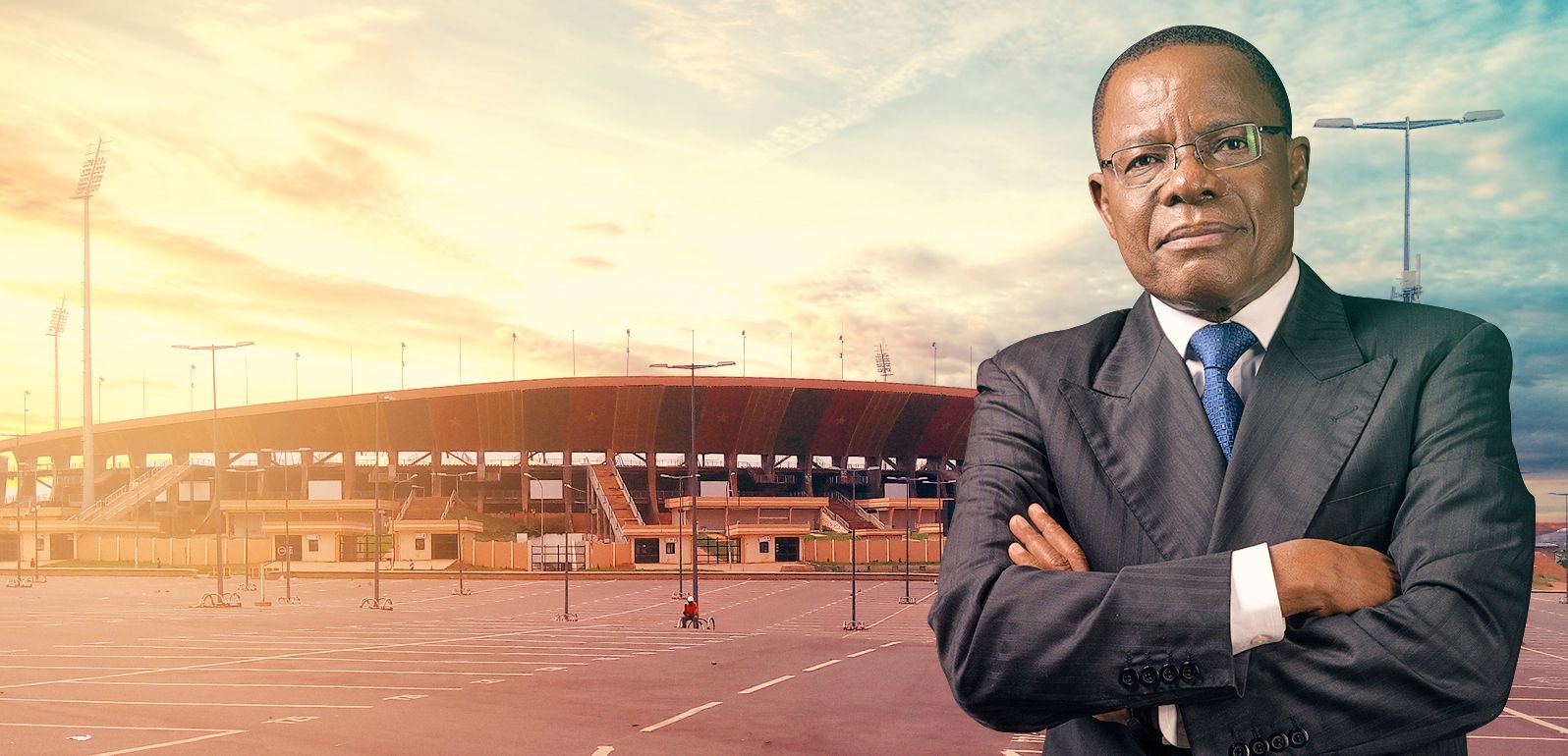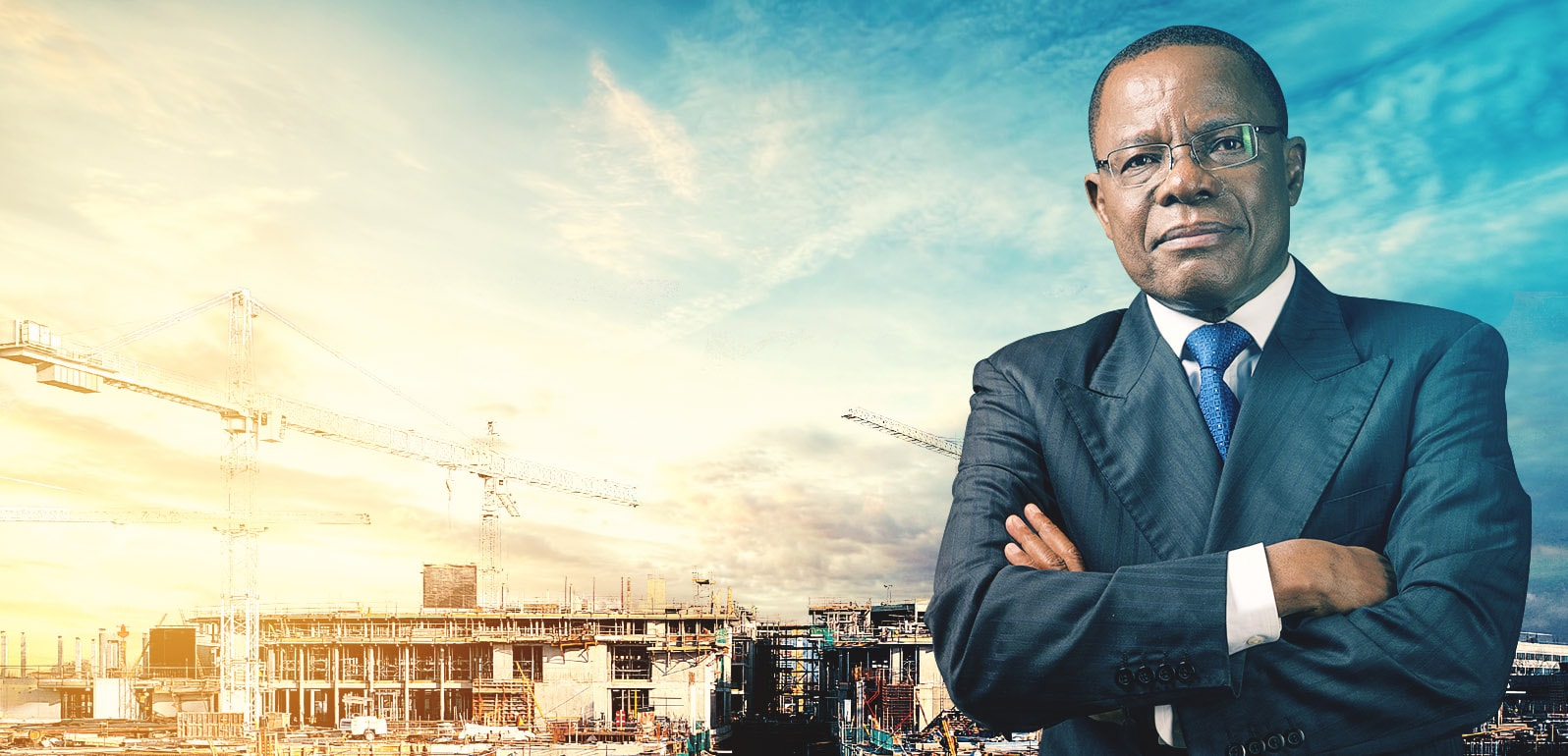A real National Defence and Security Policy
The national defence of Cameroon is defined by the law n ° 67 / LF / 9 of June 12, 1967 in its article 1st in these terms:
“The defence aims to ensure at all times, in all circumstances and against all forms of aggression, the security and integrity of the State, within the framework of national sovereignty”. This law, which was drafted in 1967, shortly after the accession of our country to independence, is now outdated, for
several reasons:
- The international context predisposing to the drafting of a national defence law is essentially dynamic and imposes,
after a long period, some adjustments; - The national, political and socio-political context is also dynamic and needs to be readjusted with regard to:
- national constitutional and institutional provisions that have evolved considerably in fifty years (from 1967 to 2018)
- the general situation marked by the requirements of international law, the evolution of social attitudes and fourth-generation conflicts characterised by the asymmetry of forces and means;
- The defence being not only military, to the external dependence of Cameroon is added, on the domestic level, a drastic fall of the patriotic spirit because of the mismanagement of the national resources which perpetuates poverty and weakens armed men and social structures.
- The mobilisation of economic potential is not strategically developed, and existing resources are poorly monitored,
poorly managed and poorly used; no defence ambition on the civil, economic and military level is strategically thought of in adequacy with the perceptible or conceivable threats to the life of the Nation. - The defence policy, which is the framework of strategic orientation of the military, civil-military and economic-military
action of the nation is not clearly defined in sixty years of life of the Nation, which confines the defence instances to
improvisation, by trial and error in the face of worrying security situations.
We are considering unprecedented strategic perspectives for National Defence based on a re-reading of
the 1967 General Defence Law, made in the light of the context and the changes that have occurred, and
we will ensure its application.
Our defence must be part of a logic aimed at overcoming the cleavages and recesses of identities of all kinds and in all forms, and to root in a lasting way the republican spirit, and the attachment to peace and democracy in our country. This is one of the major goals of national construction.
In this perspective, Cameroon’s defence policy will be designed according to the following orientations:
- The response to the various threats that concern Cameroon, Central Africa, the African continent and the international community. This axis will require the strengthening of cooperation with both friendly countries and neighbouring countries in the search for defence intelligence and in the protection of the territorial and maritime spaces of our country.
Strengthening civilian and military capabilities
It will enable Cameroon to assume its responsibilities as soon as possible in an approach centred on respect for
democratic principles and the rule of law.
Strengthening the image of the Defense Forces
It will require:
- Increased and decisive involvement of Military Engineering in campaign development plans.
- Elimination of bad practices in the ranks of the police in favour of more respectful and more responsible controls of users.
Strengthening the morale and state of mind of the troops
In order to operationalise this axis, a study on the living conditions of the military and the Security Forces will be
conducted with the aim of ensuring them, in particular, security of employment, with a focus on:
- The proper barracks and accommodation of military and national security personnel;
- A national monument in Yaoundé, such as an “Arc of the Republic” where our valiant fallen soldiers will be regularly celebrated for the Nation;
- A monument in each Regional capital where soldiers who have died for the homeland will be locally honoured at major national events;
- The construction of the houses of veterans in the capital city in Yaoundé and in the Regional capitals;
- The creation of a structure in charge of the wards of the
The actual professionalisation and modernisation of the Defence Forces
The professionalisation and modernisation announced in the context of the 2001 Army Reform are not effective to date.
To rationalise the use of the Defence Forces in relation to the objectives defined in the general interest, a consequent restructuring of the Forces appears to be a necessity. Emphasis will be placed on:
- The definition, clarification and effective implementation as soon as possible of a career profile for all military
personnel. - The depoliticization of ranks in the Army and the valorisation of the expression of competences for the effective
professionalisation of the Armies. - The recomposition of the military pyramid in line with conventional military structural models. The current pyramid is overthrown, because the most senior are more numerous than the troops.
- The elaboration of a doctrine of use of forces allowing a short or medium-term programming of the activities of the Forces (Earth-Air-Sea) with a view to better preparing them for the accomplishment of their sovereign missions.
Reintegration of the military at the end of their career.
The institutional obligation of end-of-career reintegration for military personnel who have proven experience and
who still demonstrate exploitable competence in civilian life must become effective through the application and
reinforcement of related texts.
- The settlement as soon as possible of the military pension after their retirement.
- Civil defence
Civil defence should be guided by a strategic approach integrated into the law on the general organisation of defence.
This civil defence will have to be restructured with particular emphasis on:
- Effective civil protection on the ground;
- The strategic and operational clarification of the use of the leitmotiv of “popular defence”. In this perspective, the military service that has been abolished for civil servants and volunteers of private administrations (with the exception of ENAM students) will be restored, because it appears as a school of civility, of living together, patriotism and national solidarity






